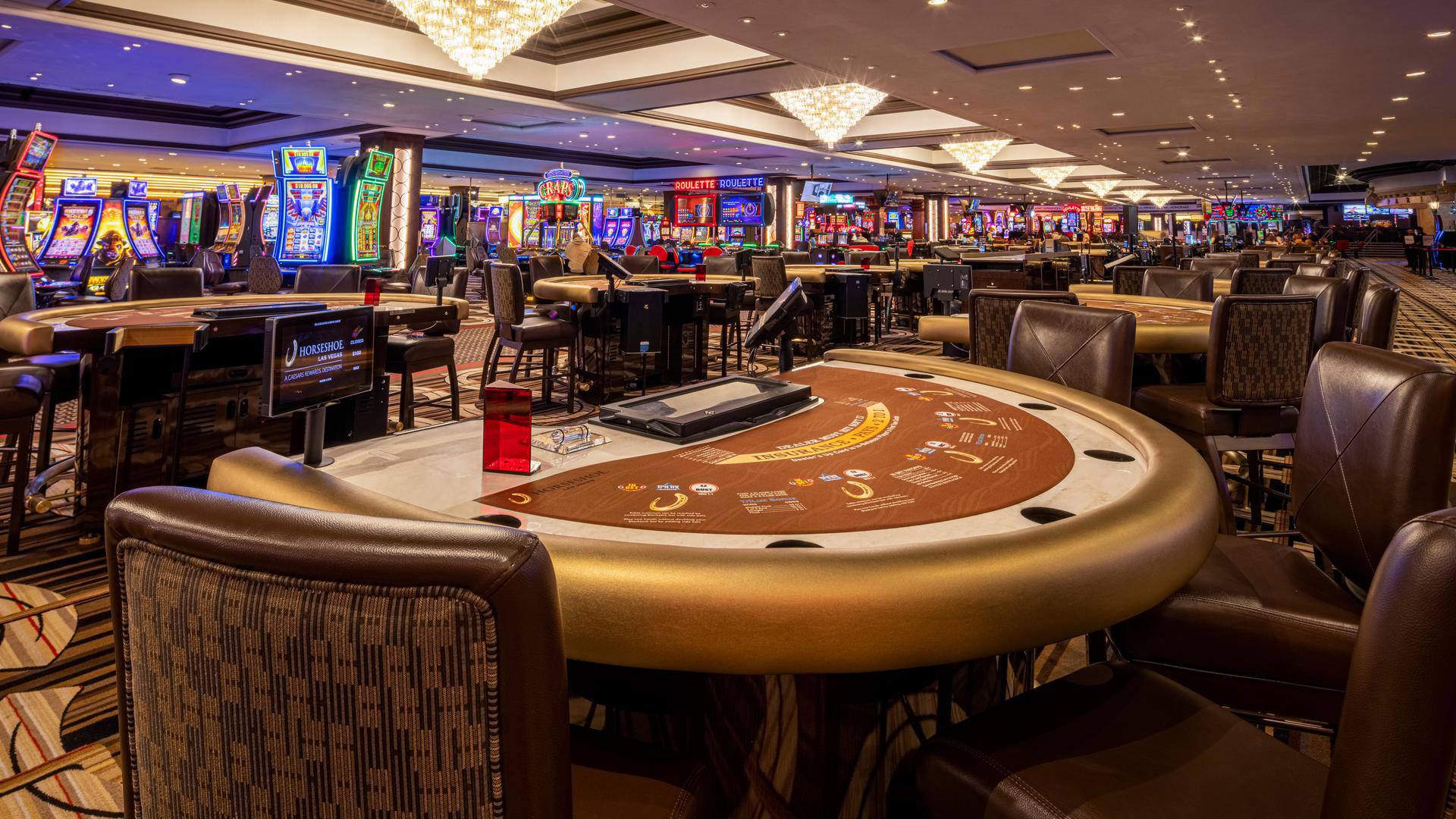
Casino gaming has long been a topic of fascination and controversy, attracting millions of players around the world. With a mix of chance, strategy, and the excitement of risk, casino games offer an exciting escape from everyday life. However, as entertainment becomes ever more accessible, it invites a deeper examination of the morality surrounding these games.
At the heart of the discussion lies the issue of whether casinos promote responsible gaming or exploit vulnerable individuals. The appeal of potential winnings versus the truth of losses can create a complex situation, and understanding this balance is crucial for both players and operators. As we delve into the morals of casino gaming, we will explore the duties of casinos, the effects on society, and the steps that can be taken to foster a better gaming environment.
The Impact of Casino Gaming on Society
Gambling in casinos has a notable influence on society, affecting not only the financial landscape but also interpersonal dynamics and community structures. The funds generated from casinos can lead to job creation and boost local economies, as they provide multiple employment opportunities in different sectors including food and beverage, entertainment, and retail. However, while the economic advantages can be significant, communities often grapple with the possible negative impacts that arise from increased gambling activity.
Moreover, the presence of casinos can lead to an rise in gambling addiction, presenting significant challenges for players and families. The excitement of casino games can quickly transform into a compulsive habit, affecting personal relationships and leading to financial instability. Many individuals may find it difficult with the loss of control over their gambling habits, resulting in a need for community support services and help to address this increasing issue. The social cost of gambling addiction can ripple through kinships and neighborhoods, creating an urgent need for sensible gambling approaches.
In addition to the economic and social ramifications, casino gaming often showcases cultural attitudes towards risk and leisure. It can foster a sense of excitement and leisure, attracting tourists and boosting local travel. However, this allure may also conceal the wider implications of gambling as a form of entertainment, provoking ethical questions about its promotion and accessibility. As communities weigh the advantages and drawbacks of casino gaming, the need for sensible approaches and oversight becomes increasingly critical in ensuring that the beneficial elements are enhanced while minimizing the potential harms.
Ethical Issues in Gambling Practices
The ethics of gambling operations often center around the potential for addiction and its consequences on individuals and families. Gambling can lead to serious financial distress, impacting not only the gamblers but also their families. As individuals become caught in the allure of winning, many lose sight of their financial limits, which can result in catastrophic results such as insolvency. This raises moral questions about the responsibility of casinos in promoting responsible gambling practices and offering support for those who may be dealing with betting addiction.
Another critical concern is the promotion of betting to at-risk groups. Gambling establishments often target low-income individuals or neighborhoods with the promise of fast rewards, which can continue cycles of financial struggle and hopelessness. In this situation, the morality of advertising strategies used by casinos come under examination, as they may take advantage of the desperation of individuals seeking an way out from economic troubles. This manipulation raises moral questions about the honesty of the gambling industry and its obligation to safeguard its most vulnerable patrons.
Additionally, the effect of gambling gaming on society as a whole cannot be ignored. While some argue that casinos create employment and boost local economies, others point to the social costs associated with dysfunctional betting, increased crime rates, and a strain on public resources. Balancing economic benefits with the potential for social harm presents a complex ethical dilemma for lawmakers and casino operators alike. The difficulty lies in discovering a ethical approach that prioritizes the welfare of individuals and society while still permitting for the pleasure of gambling activities.
Oversight Framework and Obligations
The oversight framework pertaining to gaming activities is developed to ensure fairness, trustworthiness, and gambler protection. Different government bodies and gambling commissions set and enforce regulations that dictate how gaming activities operate, the standards for game design, and the processes for handling rewards. https://123b8.news/ These regulations vary by locale but commonly involve licensing requirements for businesses and strict measures to prevent deception and dishonesty.
In addition to governing bodies, casino operators bear significant duty in preserving moral standards within their facilities. They must enforce responsible gaming practices that support gambler security and consciousness, including presenting self-exclusion options and sharing information about the dangers associated with betting. Operators are also responsible for educating workers to recognize signs of difficult betting and understand the correct actions to support visitors in need.
Additionally, openness in gambling operations is vital for building and maintaining public trust. Operators should provide clear data about the probabilities of operations, marketing deals, and any related dangers. By promoting an atmosphere of transparency and accountability, gambling establishments can help lessen the possible adverse impact of gaming while enhancing the overall gaming experience for all gamblers.
